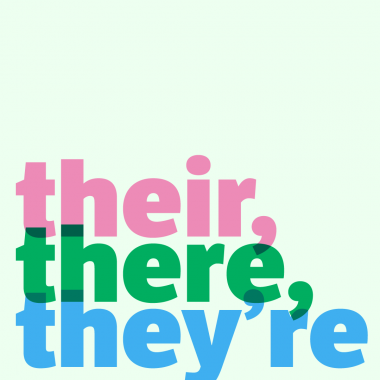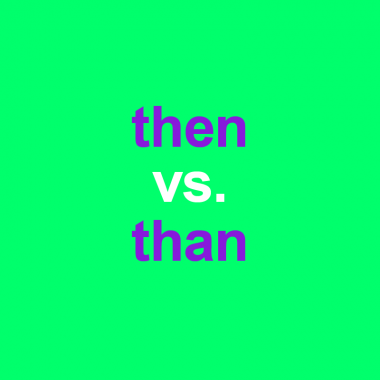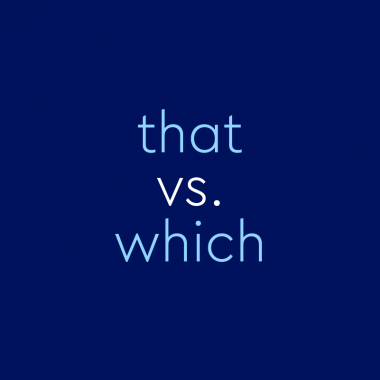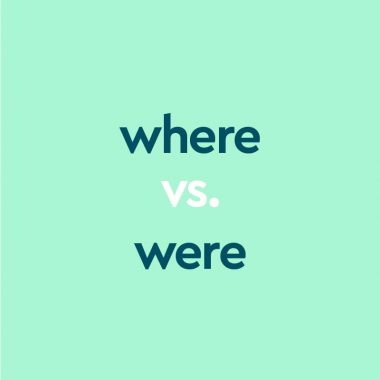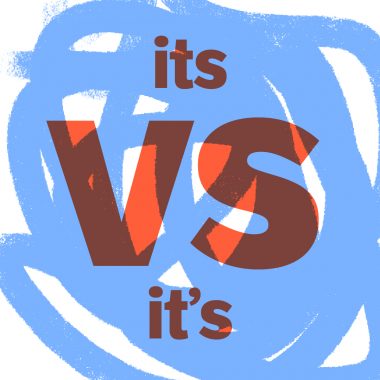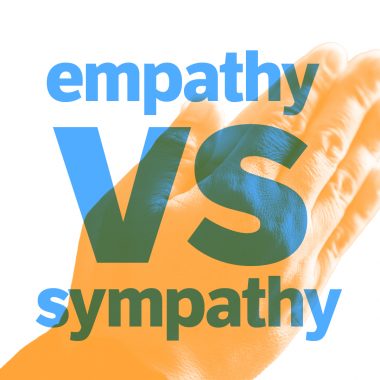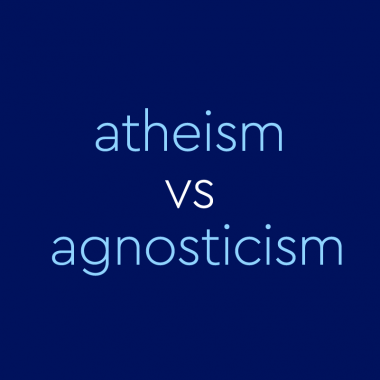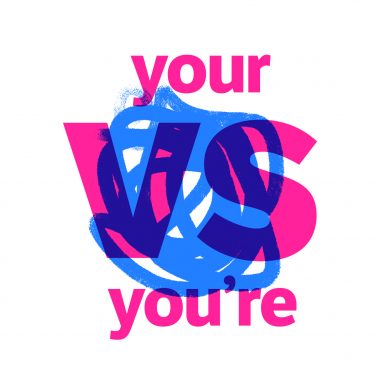“Their” vs. “There” vs. “They’re”: What’s the Difference?
The trio of their, there, and they’re can flummox writers of all levels. It’s confusing; they are homophones, meaning they have the same pronunciation (sound) but differ in meaning and derivation (origin). In this article, we’ll explain the meanings of their, there, and they’re, how to use each word correctly, and provide example sentences for each term. We’ll also give some tips on how to remember …
